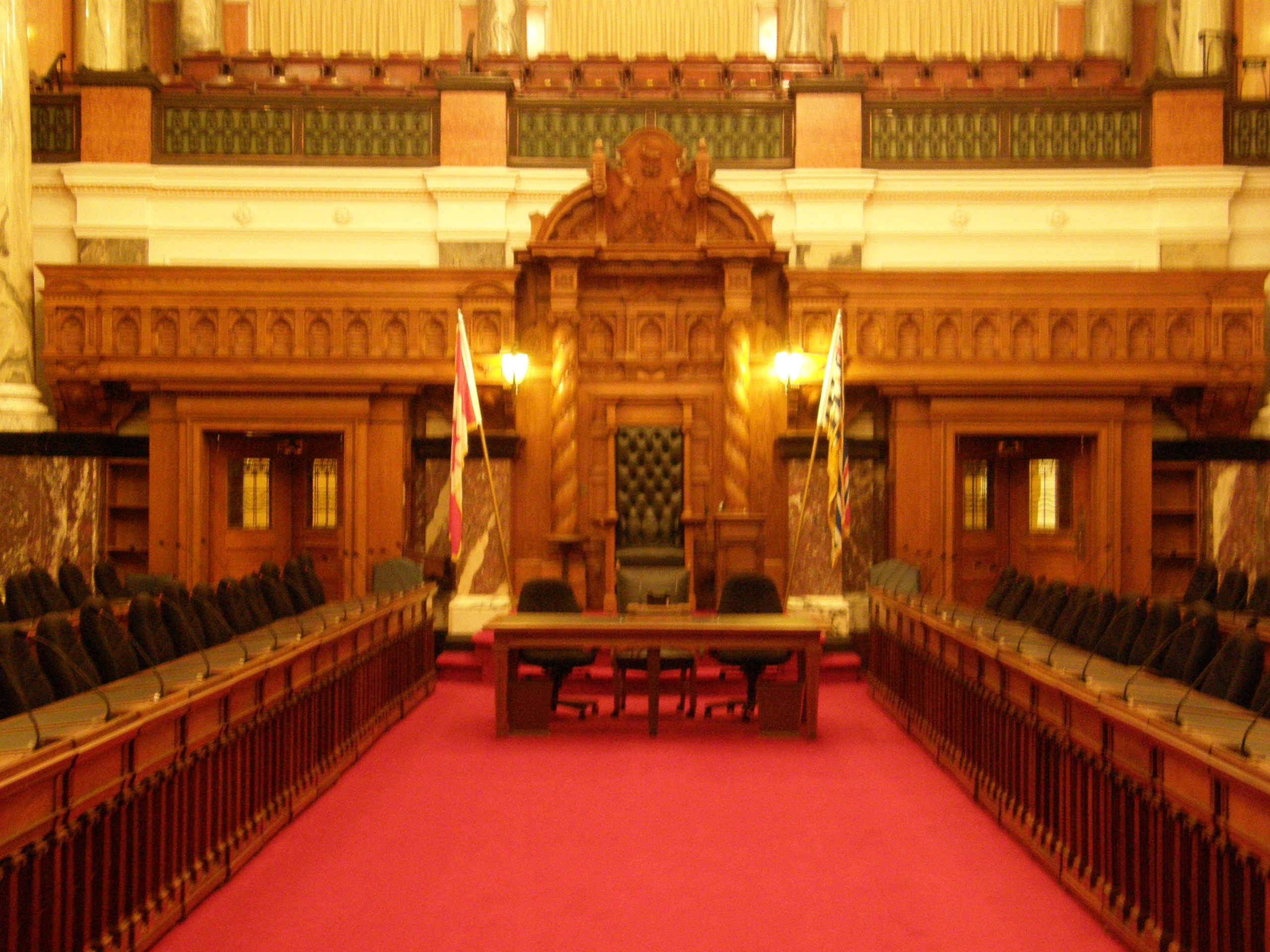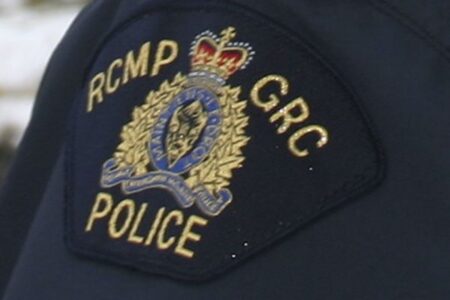B.C.'s Wild West reputation laid to rest — NOT!
The headlines should have read “B.C.’s Wild West reputation laid to rest.”
Instead, British Columbians woke up to “Taxpayers would give millions to political parties in NDP plan,” all thanks to an ill-advised decision to slide two unexpected provisions into the government’s campaign finance reform package: a transitional allowance for political parties – otherwise known as the golden handshake fund – and election expense rebates.
The two proposals were so unexpected that the two parties behind the bill couldn’t agree on who should take credit for them. NDP insiders say it was the Green party’s idea, the Greens countered: “we didn’t bring it to the table.”
Talk about sullying the moment.
So bashful over the two provisions it took government spinmeisters 268 words out of a 330 word news release before they got around to mentioning the allowance – didn’t make the cut for the bullet point highlights at all – and another 598 words out of a 1,167 word backgrounder before dropping the second bombshell, the 50 per cent election expense rebate.
Don’t be mistaken, partial public funding of political parties is an entirely legitimate option supported by many British Columbians.
In a 2016 OECD report – Money in politics: Sound political competition and trust in government – the 35-country body recommended that: “Countries should strike a balance between public and private political finance, bearing in mind that neither 100 per cent private nor 100 per cent public funding is desirable.”
But it’s not the legitimacy of the option that’s at play here, as much as it’s the legitimacy of the process.
From a promised independent review to sneaking it in through the back door, there’s a sense the government tried to pull a fast one.
The cost of the two subsidies is relatively insignificant in the grand scheme of things – pegged at $27.5 million – or as newspaper publisher David Black recently told Victoria city council: “peanuts, a rounding error.”
Mind you Black was referring to $25 million per year for five years, not $27.5 million over four.
One question, however, is lost in all the ruckus over the government’s proposals: how much money does a political party in B.C. actually need?
Call it the “making the case” thing.
A check of nine of their brethren in other provinces is an eye-opening experience.
On the left end of the political spectrum, the Alberta NDP got by on $1.5 million in 2016, the Ontario NDP ($3.2 million) and the B.C. NDP ($5.2 million).
On the right: the Québec Liberals made do with $4.2 million, the Ontario Liberals ($7 million) and the B.C. Liberals ($12.2 million).
Looked at from another angle – per registered voter – and the spread between the parties is stark.
The Ontario NDP spent 34 cents per voter, the Alberta NDP ($0.59) and the Ontario Liberals ($0.73).
The B.C. NDP spent $1.65 and the Liberals ($3.97).
Perhaps a little belt tightening might be in order, before the line up at the public trough.
In the fun with figures department: take the average operating expense per registered voter for the nine out-of-province parties, apply it to B.C. for four years, toss in one fully-funded, full-slate election under the new proposed spending limits and you get $15.65 million.
How much has the NDP and the Liberals raised in the last four years?
From personal donations alone, $15.2 million and $16.6 million respectively.
Fancy that.
The fog of talking points was also at play, as the government tried to spin its way out of a mess of its own making.
“Look, over there, it’s the transitional federal subsidies.”
The only thing transitional about the federal subsidies was their transitioned stage right exit, after former Prime Minister Stephen Harper pledged to eliminate them in the 2011 election.
It was a political choice to kill the subsidies, not a temporary program to help wean federal parties off big money.
At the end of the day, though, B.C. will be better off for this legislation, imperfect as it is at first reading.
Public subsidies don’t generally come with strings attached, hence it’s a lot of money but it’s not big money.
Don’t really see party leaders randomly going door-to-door for sit-down chats with their new $2.50 annual donors. Well, we can only hope.
Oh, nearly forgot: if you’re about to do a political flip-flop, do the mea culpa first, not the flip or it’ll be a flop.
Next time, the rest of the bill.
Dermod Travis is the executive director of IntegrityBC.


























Comments